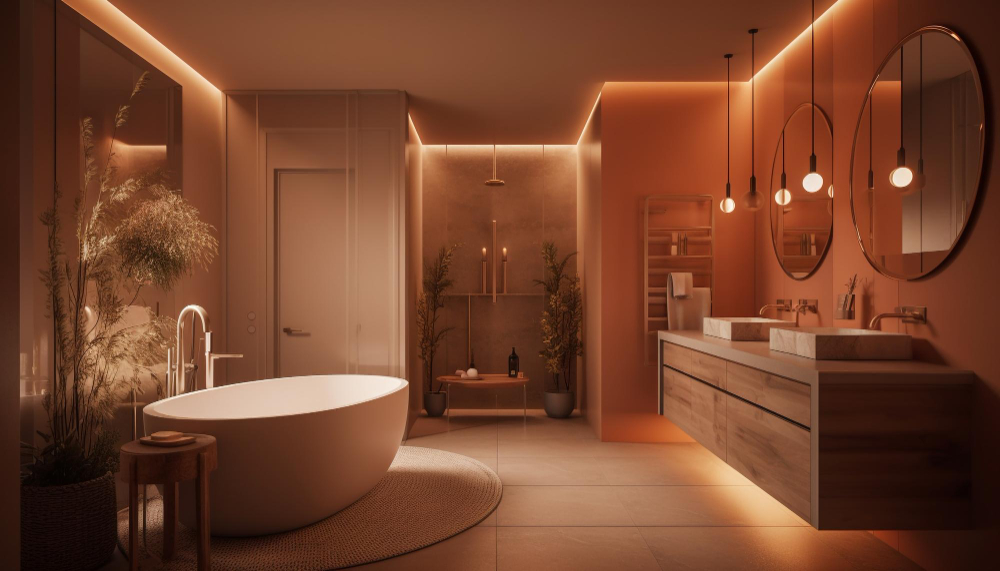Replacing a shower is one of those home projects that sounds simple—until you start adding up the numbers. Whether you’re planning a full DIY or just looking to handle parts of it yourself, understanding the shower replacement cost is key to avoiding budget shock halfway through demolition.
So let’s break it down—materials, labor, tools, and a few “surprise!” expenses—so you can plan smart and design confidently.
💰 What’s the Typical Price Tag?
The national average to replace a shower ranges from $4,000 to $10,000, depending on the size, style, and whether you’re hiring out the work or rolling up your sleeves.
DIYers who do the bulk of the work themselves? You could come in closer to $1,200–$4,000, but only if you keep things simple and make savvy choices.
Let’s dive into where the money goes.
🧱 1. Shower Kit vs. Custom Build
- Prefab shower kits (fiberglass or acrylic):
$400–$1,000
→ These are your budget-friendly best friends. Available at big-box stores and great for straightforward installs. - Tile surrounds and custom builds:
$1,500–$6,000+
→ Gorgeous, but complex. Think waterproofing membranes, backer board, and a dozen trips to the tile aisle.
DIY Tip: Go prefab if this is your first major bathroom project—you’ll avoid waterproofing headaches and cut costs big-time.

🔧 2. Plumbing & Fixtures
- Standard shower faucet kits: $100–$500
- Diverters, valves, and extra features: $150–$700
- Plumbing changes (hiring a pro): $500–$2,000
Reality Check: Unless you’re experienced, moving plumbing is better left to the pros. But replacing a faucet or showerhead? Totally DIY-friendly.
🧰 3. Tools & Supplies
If you’re tackling it yourself, plan to either buy or borrow:
- Demo tools (recip saw, pry bar): $50–$150
- Mortar, grout, waterproofing membrane (for tile): $200–$400
- Silicone, backer board, screws, spacers: $100+
DIY Hack: Rent tools instead of buying everything new. And watch at least three how-to videos before your first tile cut—trust me.
💡 4. Lighting & Ventilation
- Upgraded lighting: $100–$500
- Improved exhaust fan: $150–$350
Good lighting makes a huge visual difference in a small space—and moisture control is a must for preventing mold.
⚠️ 5. The Hidden Costs
Even DIY heroes need to prep for surprises. Watch for:
- Water damage behind old walls
- Subfloor repairs
- Code updates for older homes
Set aside 10–15% of your budget as a cushion—because no one wants to discover black mold with no cash left to deal with it.
🎯 Smart Ways DIYers Can Save
- Reuse your existing shower pan if it’s in good shape
- Choose classic tile in standard sizes—cheaper, easier to install
- Stick with surface-mounted plumbing fixtures
- Keep the layout the same (no moving drains or walls!)
- Shop sales at local kitchen & bath showrooms—they often beat big box pricing
💬 Call to Action
The bottom line? You don’t need a six-figure reno budget to get a stunning, functional new shower. With the right plan and a bit of elbow grease, a DIY-savvy homeowner can absolutely pull off a gorgeous transformation.
Start by understanding your real shower replacement cost, stick to your scope, and lean into creative problem-solving—and you’ll end up with a shower you’ll love (and can brag about).
Need help sourcing materials or planning your DIY scope? Our team is here with tips, tools, and pros on standby—because smart design should always be within reach.

